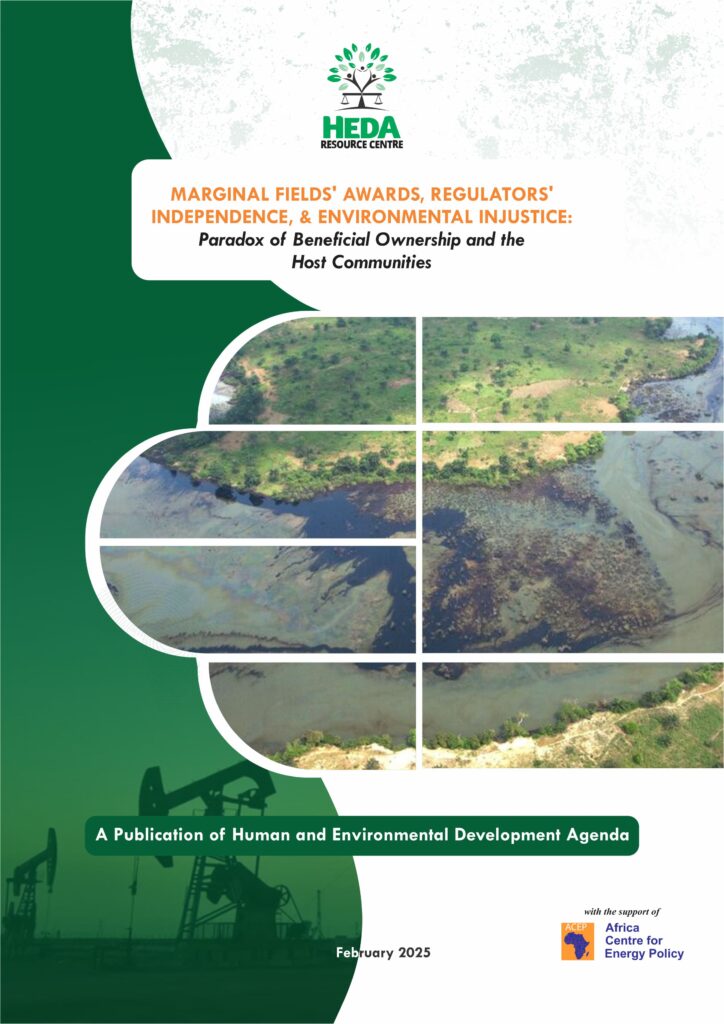The Human and Environmental Development Agenda (HEDA Resource Centre) has expressed grave concern over the alarming rates of deforestation and desertification in the southern region of Nigeria. To address this, HEDA has urged the Federal and State Governments to recognize the vital role traditional rulers play in preserving the environment and natural resources.
In a statement issued to commemorate the 2024 World Environment Day, themed “Land Restoration, Desertification, and Drought Resilience,” HEDA Executive Secretary Sulaimon Arigbabu emphasized the importance of collaboration between governments and traditional rulers to preserve natural resources and prevent further deforestation and desertification.
Deforestation, desertification, and drought resilience in Southern Nigeria have severe implications on the environment, economy, and human well-being. These issues result in the loss of biodiversity, soil erosion, decreased water quality, food insecurity, and significant economic losses.
Arigbabu highlighted specific instances of environmental degradation, such as farmers in Ekiti State complaining about the indiscriminate cutting of trees in forests and similar incidents in Oyo State, where people cut fruit trees to make charcoal and wood, thereby harming the environment.
However, he highlighted the crucial role traditional rulers have played in their communities, where they have successfully prevented individuals from cutting down trees and have held those who have caused environmental harm accountable. “By taking a firm stance against environmental degradation, these traditional rulers have protected their communities’ natural resources and promoted sustainability.”
He added that traditional rulers and faith leaders can maintain security and stability in local communities, support local food production, enhance food security, promote sustainable development, and ensure a more secure and prosperous future for all.
Arigbabu also stressed that traditional rulers have effectively managed crises, such as conflicts between herders and farmers, and have been instrumental in protecting natural resources. He cited the Argungu fishing festival in Kebbi State as an example of traditional rulers’ commitment to environmental conservation and diversification of local economies.
HEDA is calling on the government to review environmental laws and assign responsibilities to traditional rulers, as well as consequences for failure. Traditional rulers are crucial in managing insecurity and preventing the invasion of forests by bandits and criminals.
“Government can deepen the democracy by giving traditional rulers some level of authority and power to protect their environment from deforestation, desertification, and drought, and by harnessing their grassroot expertise and influence, we can protect the environment, promote sustainable development, and ensure a more secure and prosperous future for all,” Arigbabu maintained.



